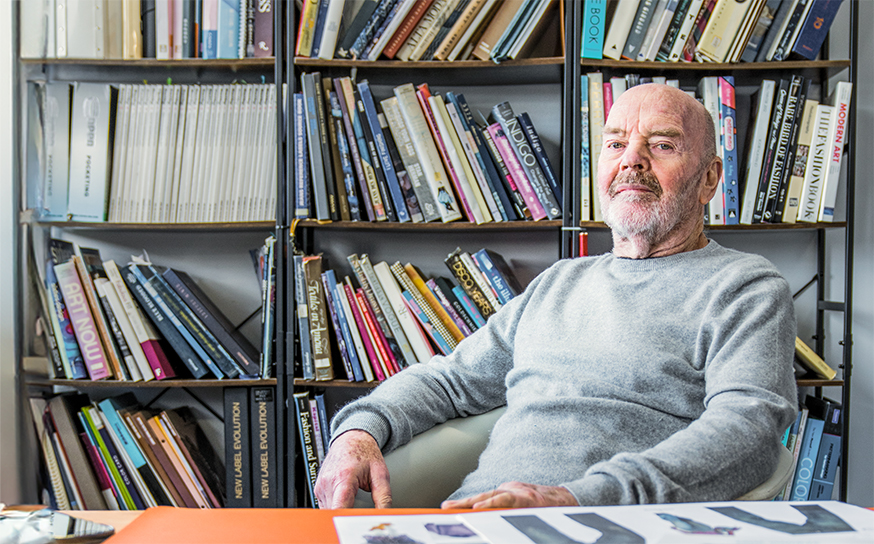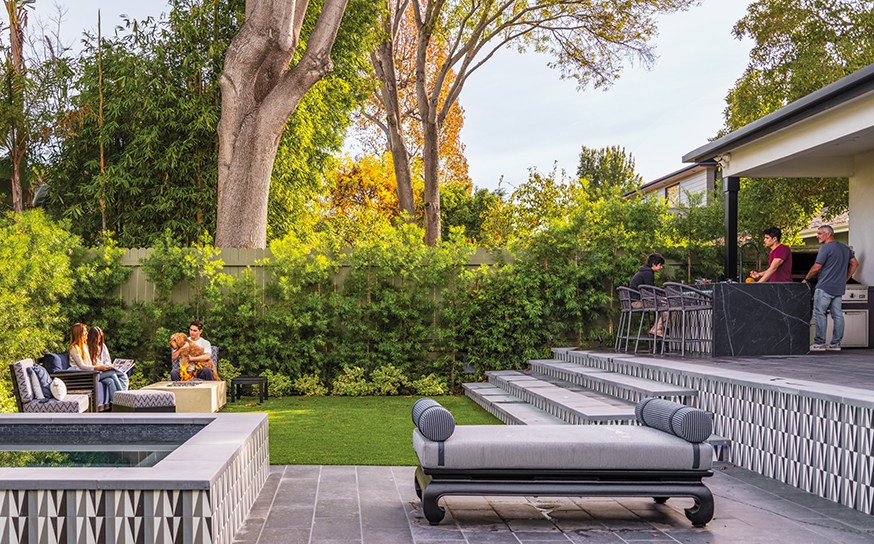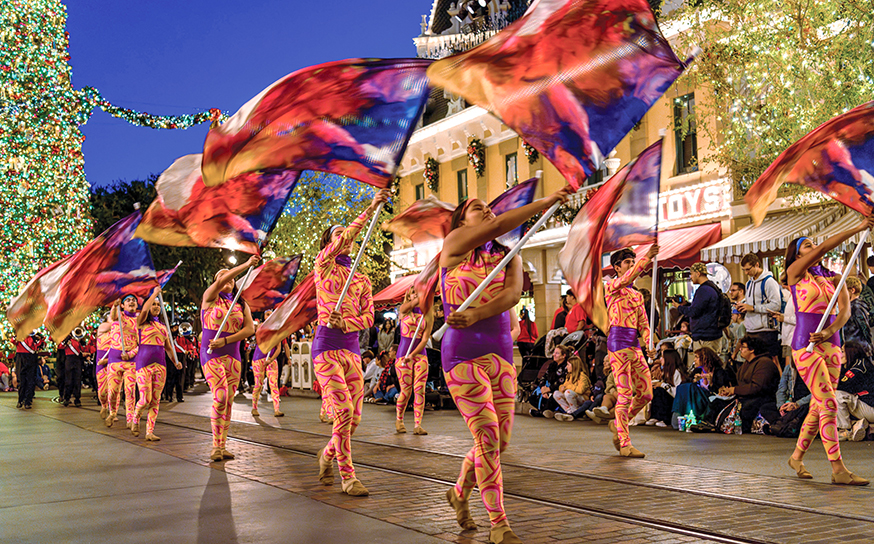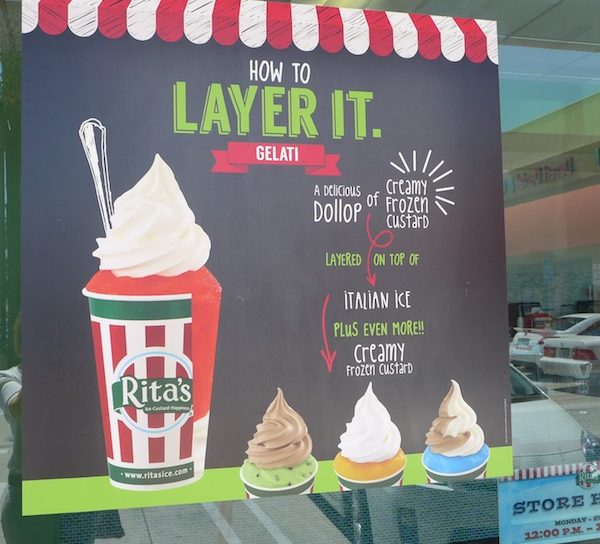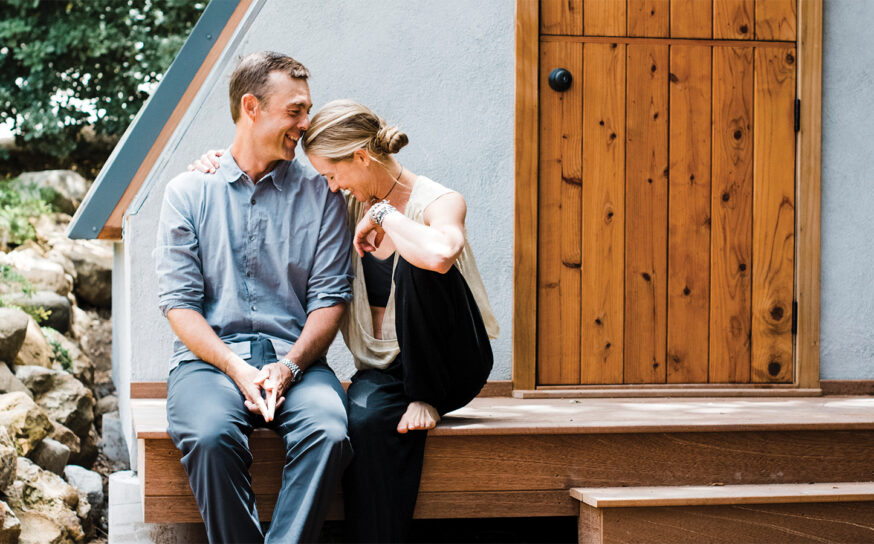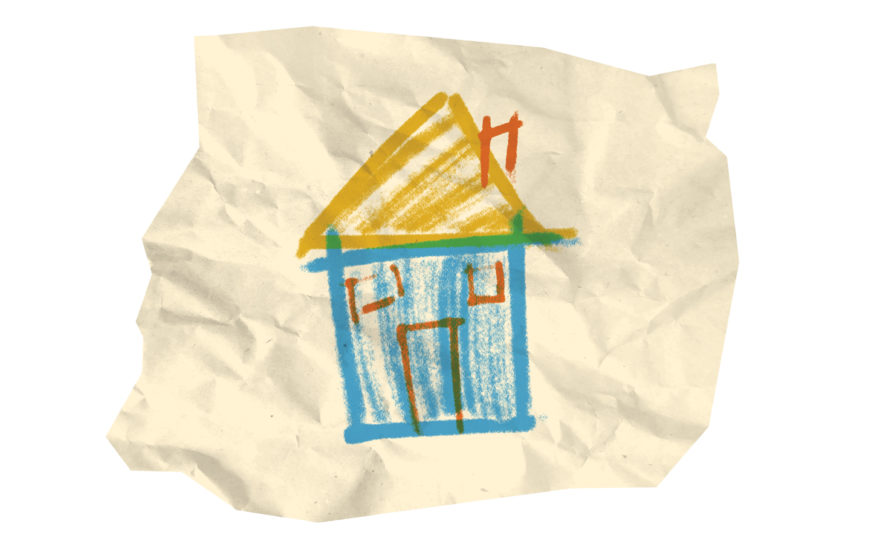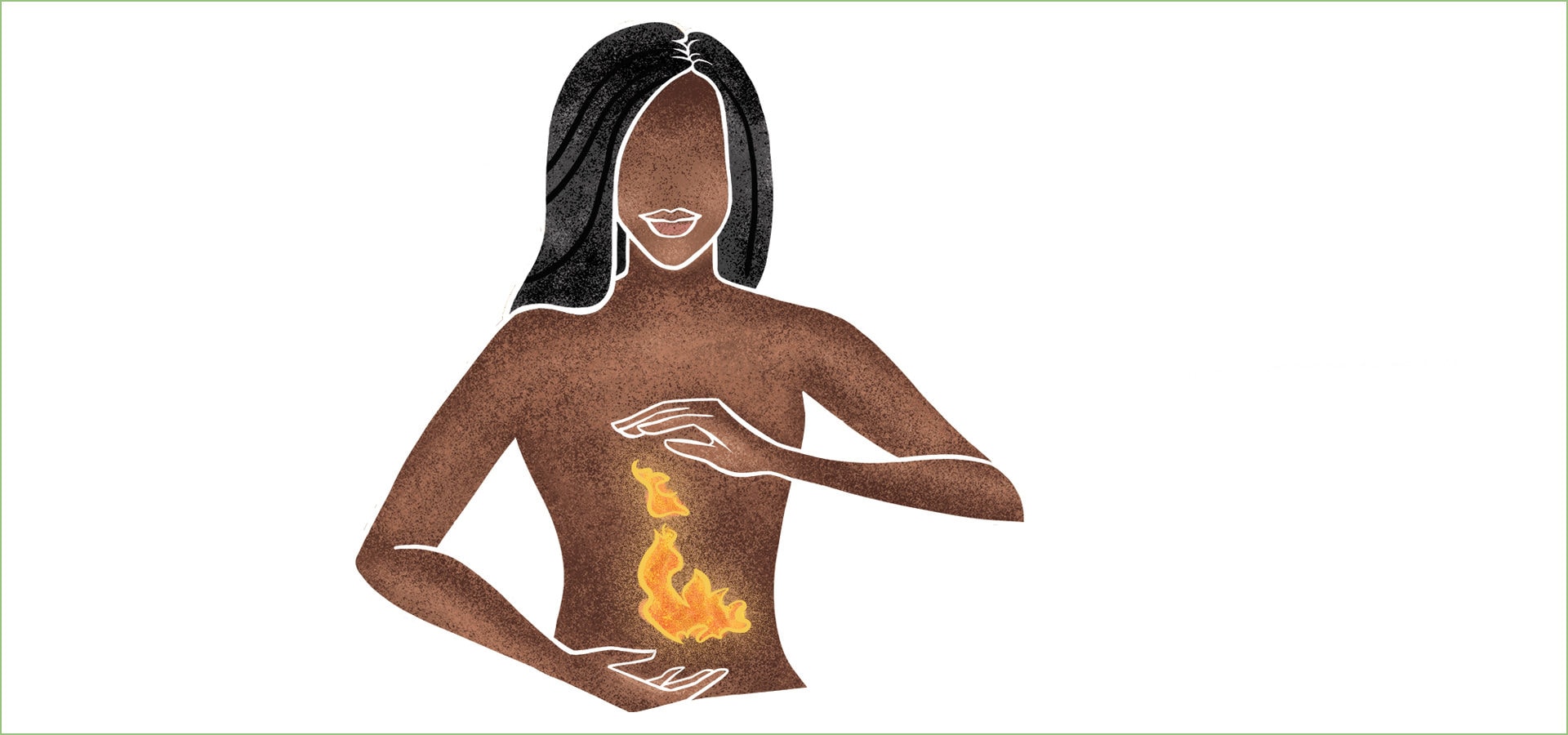
A High School Senior and Black Lives Matter Activist Reflects on Making the Transition to Adulthood During the Pandemic
Lost & found.
-
CategoryPeople
-
Written byTaliiya Flemming
-
Illustrated byNikki Smith
Being Gen-Z during a global pandemic feels like a curse—especially if it’s your senior year of high school. We should be celebrating with parties and ceremonies. We should be looking forward to what’s ahead. We should be figuring out who we are and what we want out of life. Instead, we are stuck on pause.
I was 16 when I first heard of the coronavirus. Before it reached the U.S, a friend who lives in Italy, whose father is a doctor in Milan, was my source for all things COVID-related. A week after Italy’s lockdown, my friend’s parents contracted the virus, and word was that it had been discovered in the U.S. I knew that everything was about to change.
March 13, 2020: the day the world stopped turning. I remember thinking that this “pandemic” was just going to be a two-week break that we would all eventually laugh about. Little did I know what I was about to face. And it wasn’t just COVID.
Being a Black woman in America has never been easy. Being a Black woman in America, in a global pandemic, amid social and political upheaval, is an entirely different story. The resurgence of the Black Lives Matter Movement sparked a dormant flame within me. As a member of the Viewpoint School Black Student Union, I have always been an activist in my school community. But this past year, as an advocate for students of color, I got more involved than ever. I monitored and facilitated the BSU Instagram account so that Black students’ voices could be heard on campus free of judgment or shame. I have always identified myself as a dancer, actor and singer. Now I proudly add “activist.”
Everything took on greater intensity after the death of George Floyd. New stories constantly surfaced about Black people dying at the hands of police brutality or white supremacy. Watching the protests around the country, I so badly wanted to participate. Then some friends of mine held a protest in Calabasas, where I’ve lived for almost 10 years and where I’ve been a victim of racism more times than I can count. There is a history of complacency within these city limits. Despite being vulnerable to the virus (I have asthma), I went to the protest. And I’m glad I did. What I saw that day convinced me that there was hope for my city. Thousands of people gathered and marched to city hall with a sense of determination that was exhilarating.
So now while I finish up senior year remotely and make plans to attend Howard University in the fall, I am mindful about making the transition to adulthood. I know I’ve grown from the events of the past year. And I’m grateful to understand the importance of using my voice to make the world a better place. I’m grateful for hope—and for life. Now more than ever, I really want to live. A quote from the singer Drake sticks in my head: “I’m really trying to make it more than what it is, ’cause everybody dies but not everybody lives.”
Architect May Sung Comes to The Rescue on a Studio City Reno Gone Wild
In the right hands…finally!





